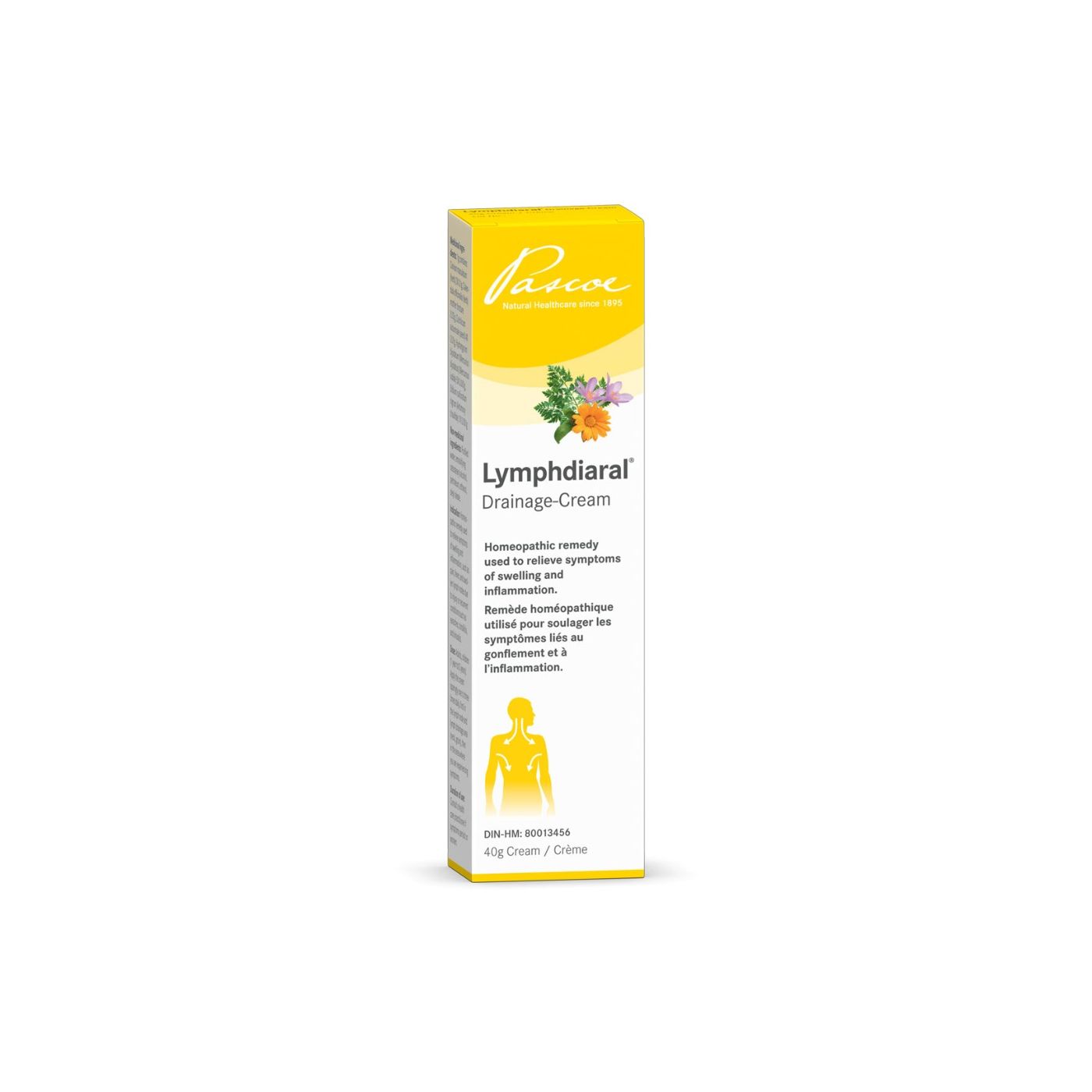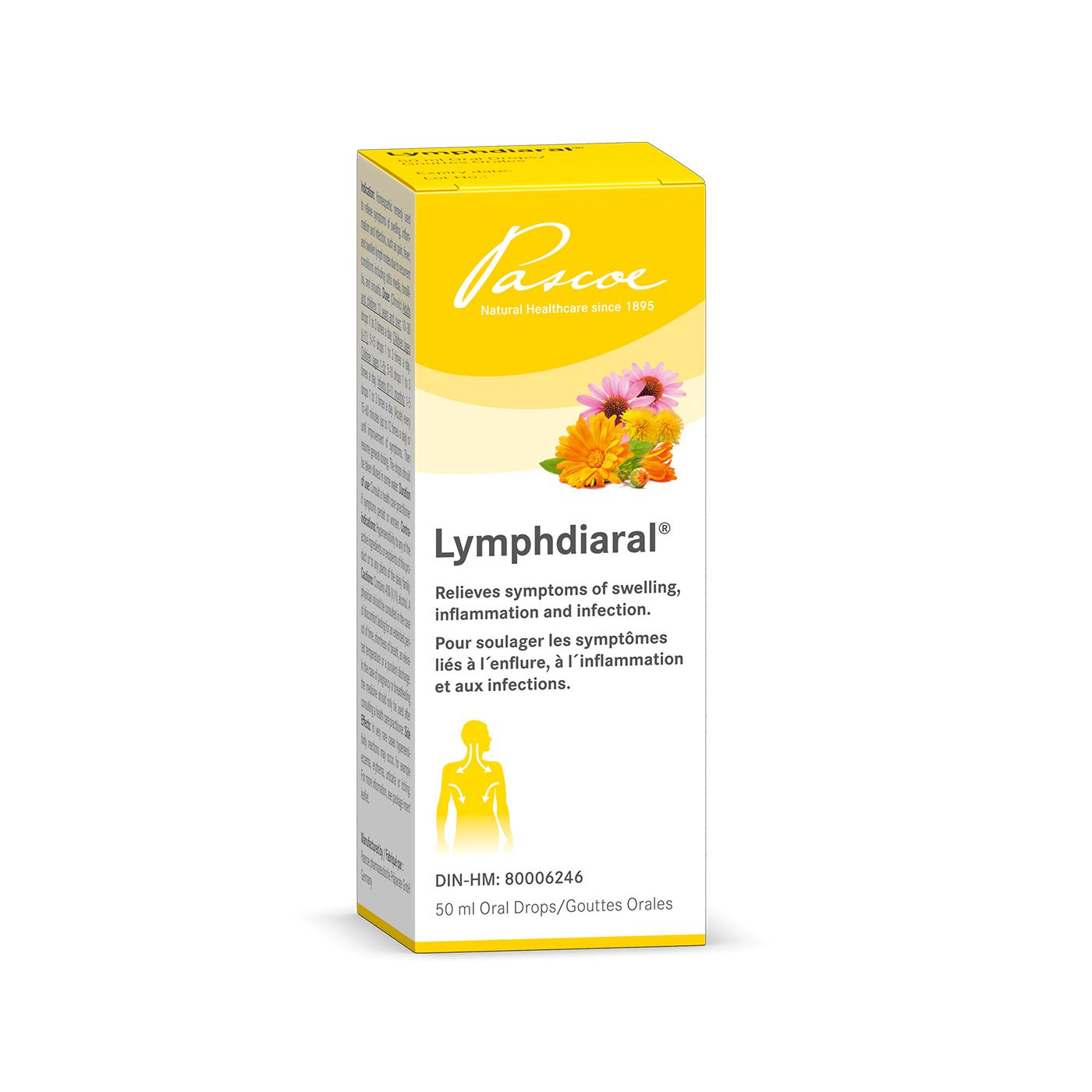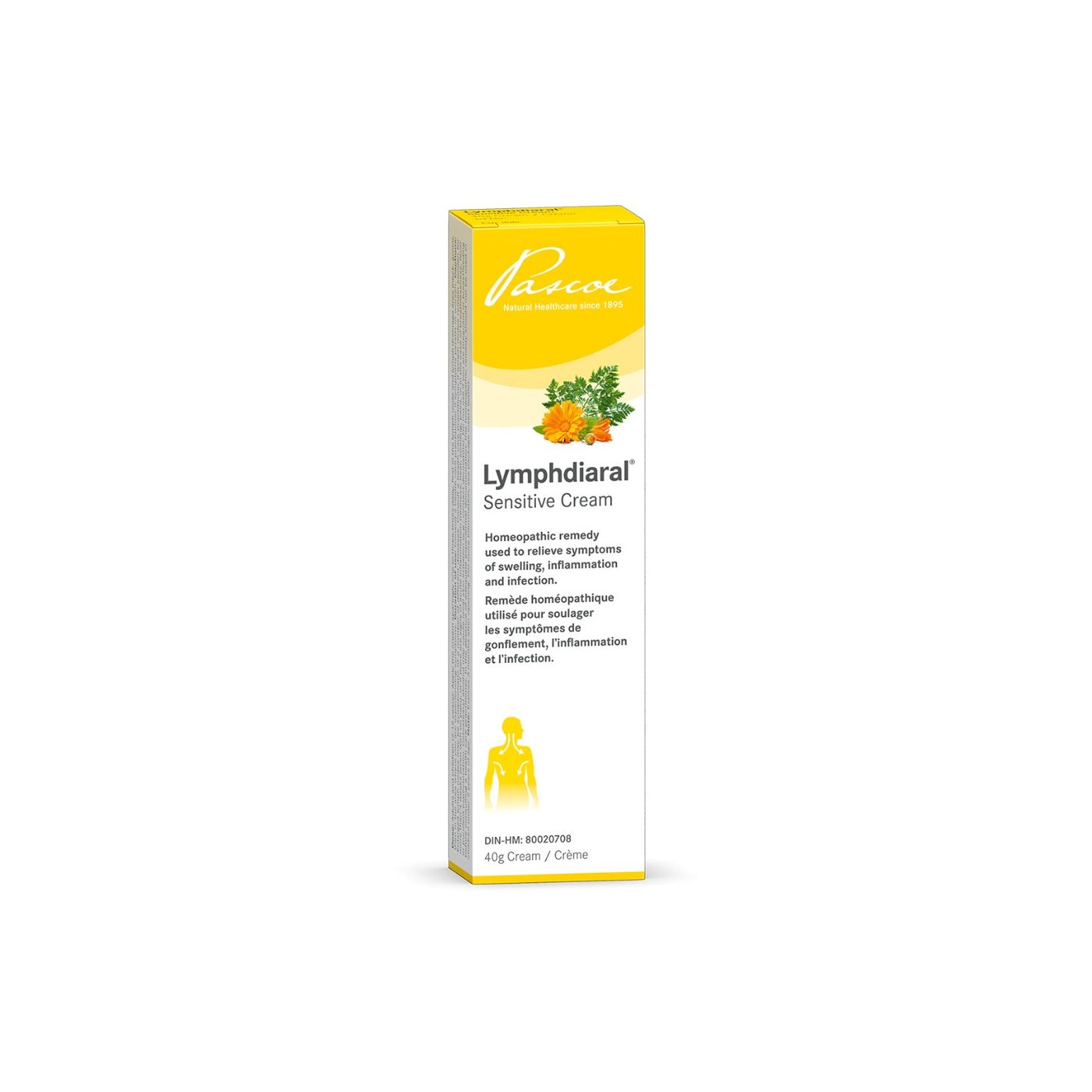Yes, It's Possible to Soothe Eczema!
Dry skin? Itching? Scaly discolored patches?
Eczema, is an umbrella term that is used to describe a group of medical conditions that cause painful skin symptoms. People of all ages, ethnicity and skin color can develop eczema.
The Seven Common Types of Eczema
- Atopic Dermatitis: The most common type of dermatitis. Atopic dermatitis occurs when the immune system becomes overactive and disordered. The hallmark symptom is itching.
- Contact Dermatitis: The skin condition is caused by direct contact with a substance that causes an allergic reaction. Soaps, cosmetics, jewelry, and perfume are common allergens that trigger contact dermatitis. Symptoms include red, inflamed, eczematous skin.


Allergy Conditions Related to Eczema
Atopic people have a genetic tendency to develop other allergens or allergic diseases. This is called comorbid conditions. This is also due to a heightened immune response to common allergens. For instance, individuals with atopic dermatitis often experience comorbid allergy conditions or other illnesses such as:
- Allergic Rhinitis: Many people with atopic eczema have hay fever. Also known as allergic rhinitis, the seasonal allergy causes inflammation in the nose and sinuses. Symptoms of the allergic reaction include an itchy nose, mouth, eyes, or skin.
- Asthma: More than 20% of adults with atopic dermatitis experience allergic asthma. Symptoms of asthma include coughing, tight chest, wheezing, or shortness of breath.
- Food Allergies: The most common food allergies in young children are eggs, milk, wheat, peanuts, and soy. Food allergies do not trigger eczema but are a comorbid condition of atopic eczema.
- Infections: Due to problems with the skin barrier, individuals with eczema are more prone to skin infections. Symptoms include pus-filled bumps, cold sores or fever blisters. If you have atopic dermatitis, you are at a greater risk of developing eczema herpeticum and staph infections such as furnucles, impetigo, or cellulitis.
- Depression: Systematic reviews have found that individuals with atopic eczema have higher rates of depression and anxiety. The relationship between these conditions is mostly unknown.
While the exact cause of atopic dermatitis is unknown, eczema flare-ups are often due to a combination of genes and triggers. It appears that the breakdown of skin-barrier function and filaggrin loss-of-function mutations are extremely important risk factors in the development of atopic eczema or dermatitis.
Eczema Triggers
Those who live with atopic dermatitis know that working to keep your symptoms under control means identifying potential triggers. Common triggers of inflamed skin include:
- Dry Skin: Skin that is too dry becomes tight, rough, brittle and scaly. Inflamed itchy skin can lead to eczema.
- Irritants: Eczema symptoms can be caused by everyday products and even natural substances. Irritants may include laundry detergent, shampoo, and surface cleaners to food allergies. The juice from certain foods is another common irritant for sensitive skin.
- Stress: For some, emotional stress can cause symptoms of eczema. For others, simply knowing they have eczema causes stress which triggers a flare-up.
Keep in mind that eczema flare-ups can appear some time after exposure. The lag time presents a unique challenge when trying to determine the trigger. As well, everyone is affected by eczema differently. Each person has their own unique trigger.


Soothing Your Eczema
Managing severe eczema and preventing flare ups means daily self-care practices and setting up a good skin care routine. While there is no cure for atopic dermatitis, treatments are available.
Bathing
People with atopic dermatitis generally have very dry skin. Give your skin the moisture it needs by soaking in a bath or shower and immediately moisturizing afterwards. The "Soak and Seal" method recommends a five to 10 minute lukewarm bath that avoids scrubbing and uses a gentle cleanser (no soap). Following, use a high-oil content moisturizer every time you come into contact with water. The American Academy of Dermatology also recommends Bleach Bath Therapy for atopic dermatitis.
Moisturizing
Not all moisturizers are created equal. The more oil the moisturizer contains, the more effective it is for atopic dermatitis. Ointments are often a first choice for treatment. Ointments contain the highest oil content. Petroleum jelly and mineral oil are also products high in oil content and are particularly effective for treating eczema. Creams also help to seal in moisture. Look for the "National Eczema Association Seal of Acceptance" to help you find the best lotion, cream or moisturizer that works for you.
Light Therapy
Also know as phototherapy, the skin treatment uses the power of UV light to manage and relieve symptoms of eczema. It is especially useful for difficult-to-treat atopic dermatitis.
Over-The-Counter (OTC) and/or Prescription Medications
OTC or topical prescription treatments are applied to the skin to reduce inflammation and other types of symptoms. The most common topically prescribed steroid cream is corticosteroid. Corticosteroid is a topical steroid with anti-inflammatory properties. The topical corticosteroid works by easing redness and itching to allow the skin to heal. Another class of medications are called topical calcineurin inhibitors. Elidel (pimecrolimus) and Protopic (tacroliumus) are creams, for example, that work by stopping the immune system from producing substances that cause eczema. Dupixent is another class of medication called a biologic drug. The medication is injected into the body and used for moderate to severe atopic dermatitis.
Calendula
Calendula is a herb and flower, also known as a marigold. Historically, the flower has been used in herbal medicine as a vulnerary. The healing herb helps to soothe inflammation and rehydrate skin. For skin infections and atopic dermatitis, calendula can be applied to the skin topically to heal inflammation. The herb contains active constituents that contribute to its medicinal benefits. Saponins, triterpenes, and tannins are among some of the active constituents. This is why calendula has been found to have anti-inflammatory and antiseptic effects. These properties make it incredible for eczema care and related conditions. It is also gentle enough to apply to baby eczema.
Pascoe's Lymphdiaral line of products contain the medicinal ingredient Caleundula officinalis. Lymphdiaral is a homeopathic remedy available in both a cream and drop formulation. For internal and external support of the body, Lymphdiaral helps to relieve symptoms of swelling, inflammation and infection.








